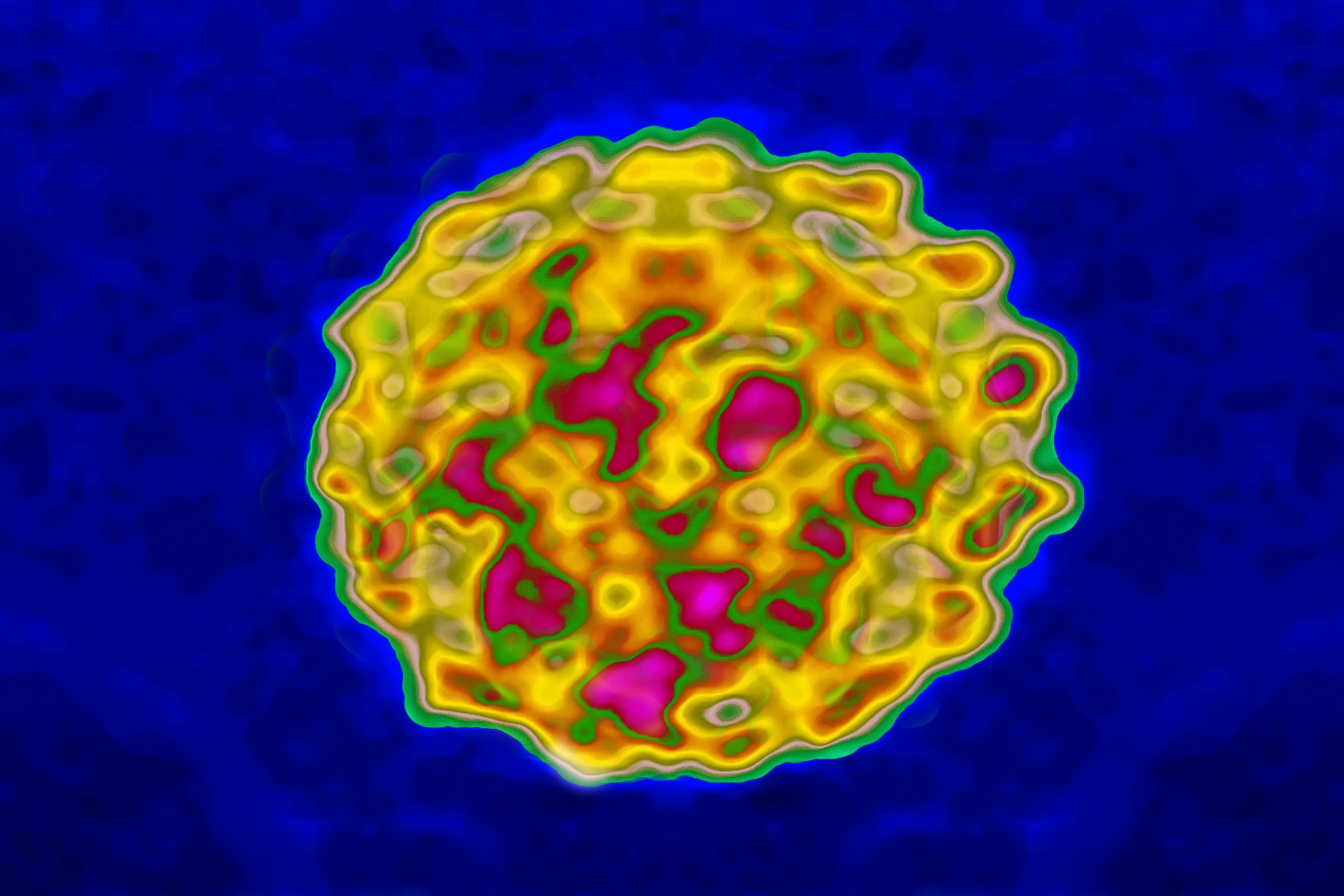
Time for some cold hard facts: if you’re sexually active, there’s a very high likelihood that you have HPV, an infection “so common that nearly all sexually active men and women get it at some point in their lives,” the Centers for Disease Control and Prevention (CDC) says. While the vast majority of HPV infections go away on their own, specific high-risk strains can cause cervical cancer.
That’s why women get Pap smears, a procedure that tests for cervical cancer among women. Part of the procedure is collecting cells that are then tested for strains of HPV (as well as many other things). It’s not exactly pleasant or popular, and some women avoid them altogether. But there may be an alternative, according to a new meta-analysis published in the BMJ.
The analysis looked at 14 studies suggesting the possibility of diagnosing HPV by identifying HPV DNA sequences. The research showed that urine HPV tests had an overall sensitivity — the proportion of positive results identified — of 87%. Urine tests were also 94% correct in identifying negative tests. Compared with cervical samples collected during a Pap, urine tests had a 73% overall sensitivity in correctly identifying positive high-risk HPV strains 16 and 18 and had a 98% specificity for identifying negative test results.
The results don’t yet offer bottom-line advice; since each study was relatively different, the authors suggest that urine tests may be an option for women who do not partake in consistent cervical screening or who live in countries where self-sampling may be simpler and more cost effective.
Researchers concluded from the studies they analyzed that urine tests for HPV have good accuracy, though more research is needed to confirm how they could be used in clinical settings.
More Must-Reads From TIME
- The 100 Most Influential People of 2024
- Coco Gauff Is Playing for Herself Now
- Scenes From Pro-Palestinian Encampments Across U.S. Universities
- 6 Compliments That Land Every Time
- If You're Dating Right Now , You're Brave: Column
- The AI That Could Heal a Divided Internet
- Fallout Is a Brilliant Model for the Future of Video Game Adaptations
- Want Weekly Recs on What to Watch, Read, and More? Sign Up for Worth Your Time
Contact us at letters@time.com